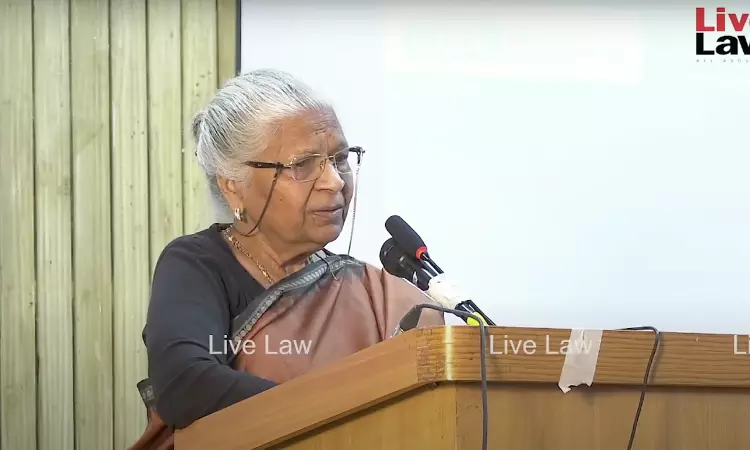Post-Retirement Benefits For Judges Most Dangerous Part Of Judicial System : Kamini Jaiswal
Gyanvi Khanna
28 Feb 2024 2:57 PM IST

Next Story
28 Feb 2024 2:57 PM IST
Recently, advocate Kamini Jaiswal, while speaking at a seminar on judicial accountability, stressed how the post-retirement benefits for judges are the most dangerous part of the judicial system. Jaiswal averred that there is no reason why judges should be looking up to the government for such benefit. Marking how such benefits affect the system, she said judges work 'very well'...
